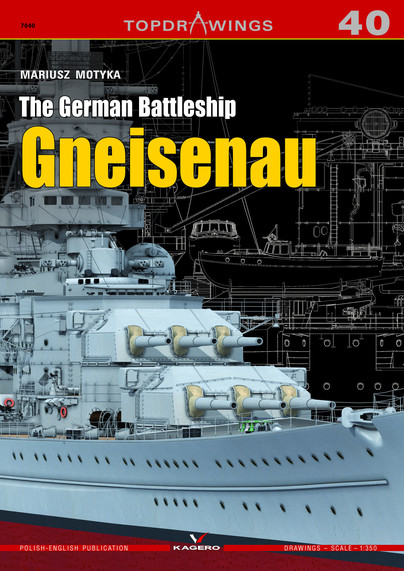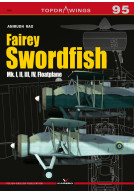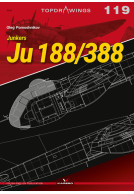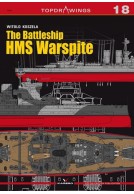The German Battleship Gneisenau (Paperback)
Imprint: Kagero
Series: Top Drawings
Pages: 24
Illustrations: 23
ISBN: 9788365437297
Published: 28th February 2017
Series: Top Drawings
Pages: 24
Illustrations: 23
ISBN: 9788365437297
Published: 28th February 2017
You'll be £17.00 closer to your next £10.00 credit when you purchase The German Battleship Gneisenau. What's this?
+£4.99 UK Delivery or free UK delivery if order is over £40
(click here for international delivery rates)
Order within the next 51 minutes to get your order processed the next working day!
Need a currency converter? Check XE.com for live rates
(click here for international delivery rates)
Order within the next 51 minutes to get your order processed the next working day!
Need a currency converter? Check XE.com for live rates
The contract for construction of the Panzerschiff E (Ersatz Hessen) was signed with the Deutsche Werke shipyard in Kiel on January 25, 1934. The ship was laid down on February 14 of the same year, but the construction process was halted on July 5, 1934 and the slipway was cleared. In practice, the elements of the hull that had already been built were removed from the slipway. Important, however, was the fact that the contract for the construction of the ship remained valid and it was to be resumed as soon as the modified design had been approved. The most important decision concerning the addition of the third gun turret was made on June 27, 1934 and that was the reason to suspend the construction for some time. However, the 28 cm calibre of the main battery was retained. This decision was taken solely to avoid further delays and the design itself allowed for the subsequent re-armament of the battleship. During the design process, it was recommended that the barbettes were chosen in such a way as to allow for the installation of the larger calibre guns (330, 250 or 380 mm). It was estimated that the re-armament procedure would take approximately 12 to 15 months. The alteration of the number of the main battery guns affected the change of the previous classification from Panzerschiff (armoured ship) into Schlachtschiff (battleship). For the second time the ship was officially laid down on July 6, 1935. The hull was launched on December 8, 1936 and the christening ceremony speech was given by Colonel General Freiherr von Fritsch. The ship’s godmother was the widow of the late Julius Maerker – commander of the armoured cruiser Gneisenau. The launching ceremony did not go without a minor incident. Due to defective drag weights, the launched hull could not be completely stopped, so it hit the wall of the opposite Hindenburg Embankment. Luckily for the ship, the quay sustained more damage than the hull. Further fitting out work continued according to schedule and on May 21, 1938 the ship was commissioned into the Kriegsmarine. Captain Erich Förster, former commander of the light cruiser Karlsruhe, became her commanding officer.
Other titles in the series...
Other titles in Kagero...





















